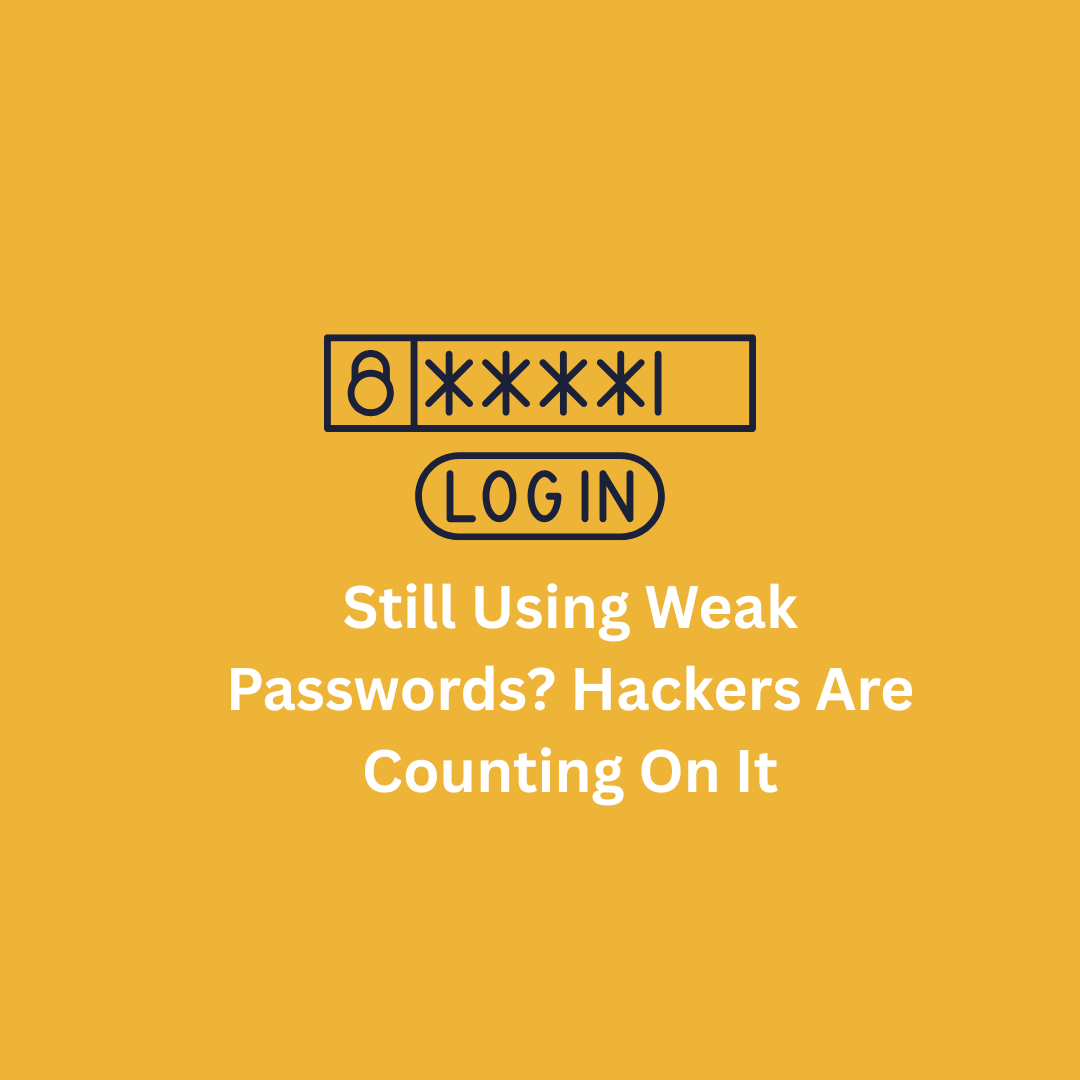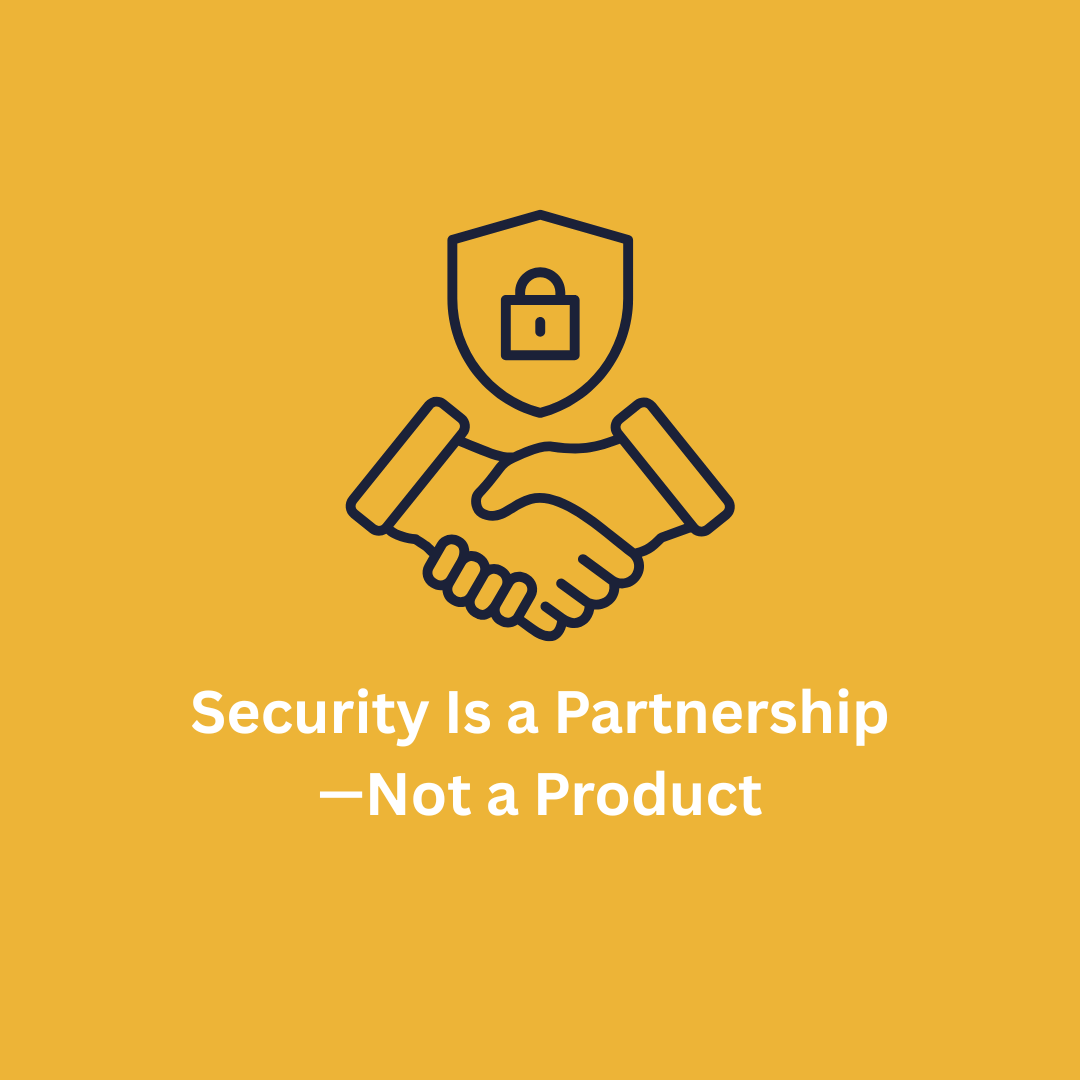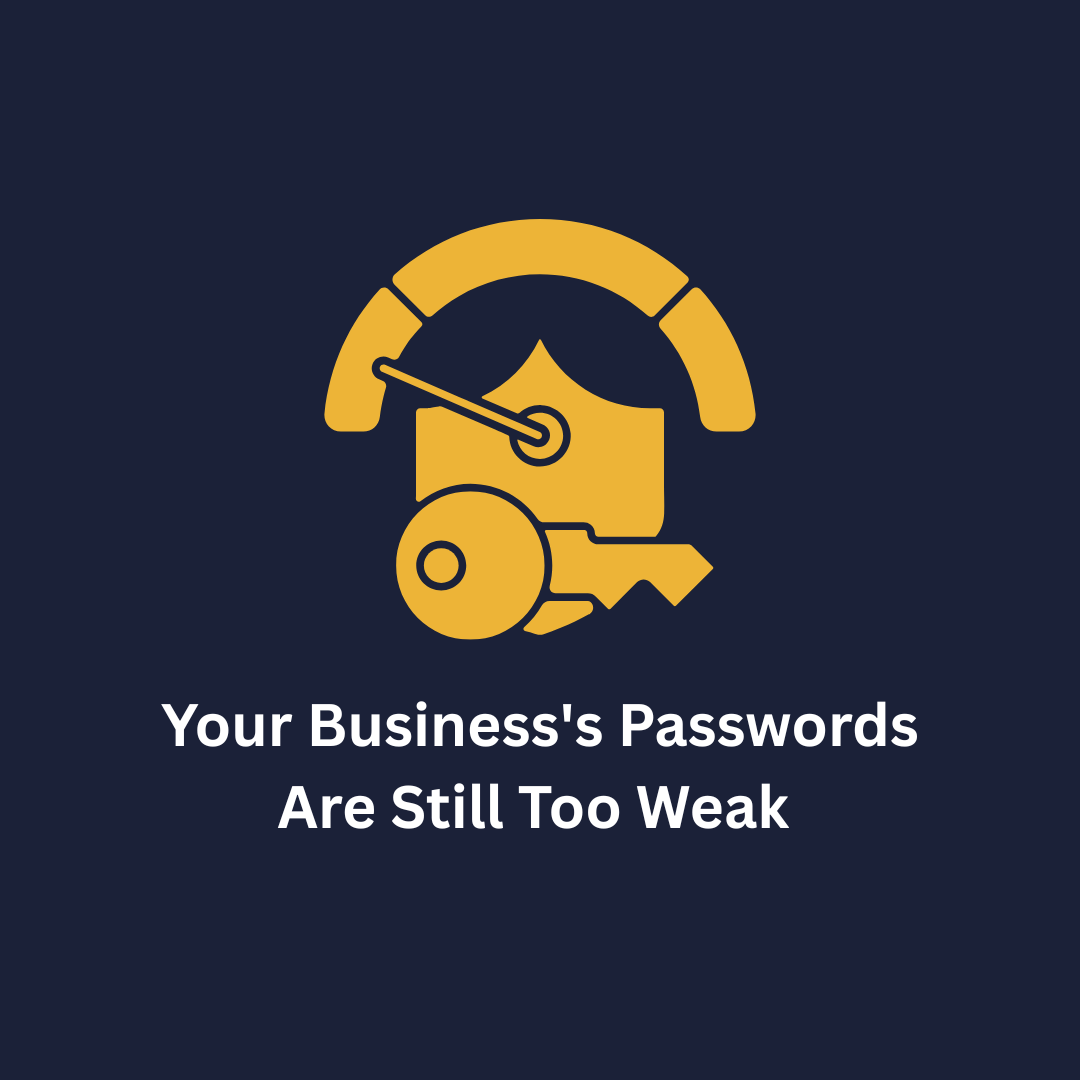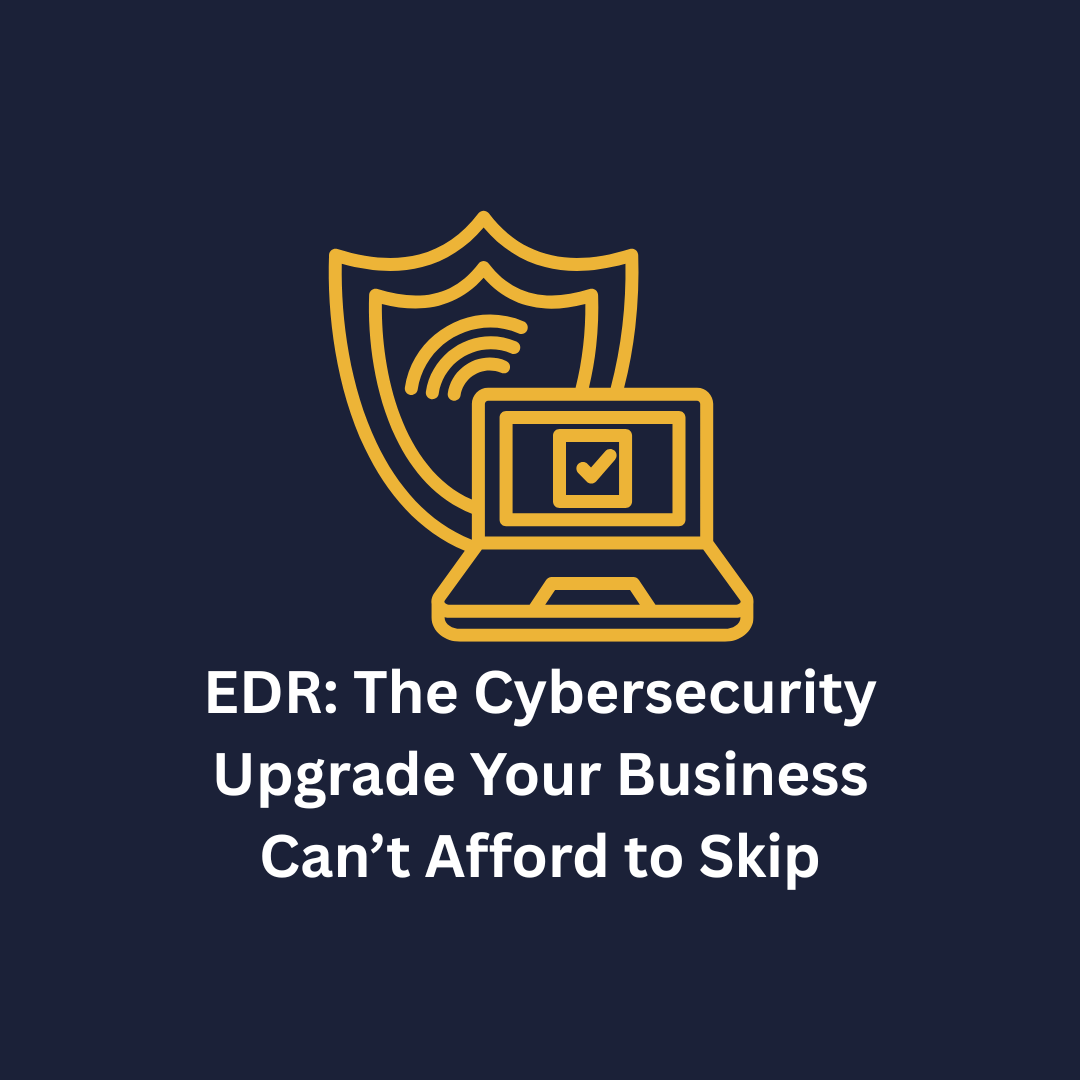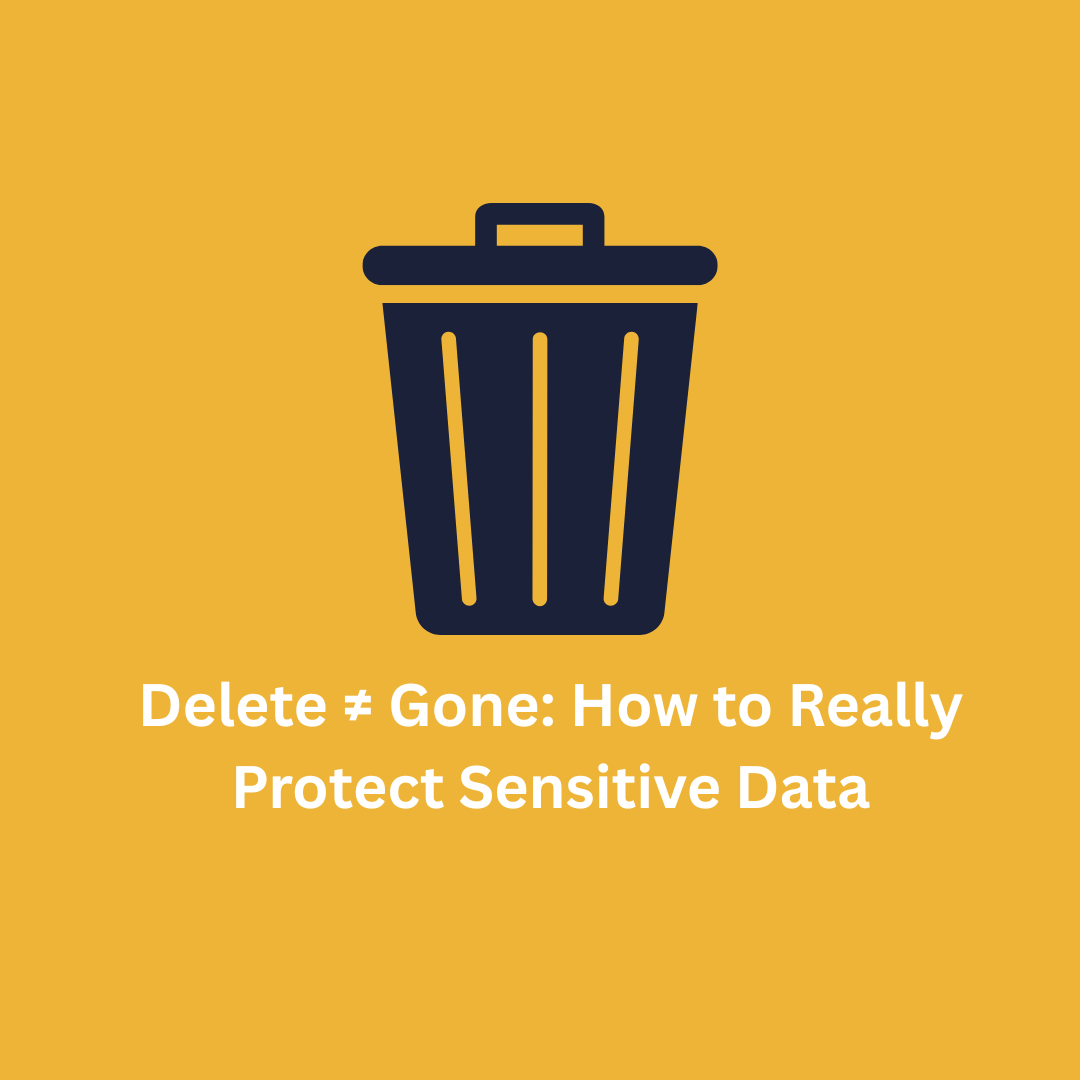Your Out-of-Office Reply Could Be a Hacker’s Backdoor
You’ve packed your bags, set your auto-reply, and are ready to unplug. But while you’re off the grid, your inbox may be inviting someone else in…
“Hi there! I’m out of the office until [date]. For immediate assistance, please contact [coworker’s name and email].”
It’s a helpful message to clients—but it’s also a goldmine for cybercriminals.
Why Cybercriminals Love Your Auto-Reply
Every out-of-office message provides timing and target data. In just a few lines, hackers can learn:
• Who’s gone (and when they’ll be back)
• Who to impersonate
• Who’s covering for whom
• Internal team structure
• Even where you are (“Traveling for a conference in Chicago…”)
This is exactly the kind of info used in phishing, spoofing, and business email compromise (BEC) attacks.
How a Simple Auto-Reply Leads to a $45,000 Mistake
Here’s a common scenario:
1. You set your auto-reply before heading out.
2. A hacker copies the message and spoofs your email address.
3. They email your assistant, pretending to be you: “Can you wire $45,000 to this vendor before 3pm?”
4. The assistant, juggling multiple tasks, recognizes the name and doesn’t question it.
5. You come back to a financial mess.
And yes—this really happens. We’ve seen incidents like this affect small businesses in Nebraska, Kansas, and Colorado—not just the big guys.
________________________________________
Don’t Panic—Just Be Smart About It
You don’t need to stop using out-of-office replies. You just need to use them wisely and protect your business behind the scenes.
Here’s how:
🔒 1. Keep Auto-Replies Vague
Stick to the basics. Avoid listing backup contacts unless necessary.
Better: “I’m currently out of the office and will respond to your message when I return. For urgent matters, please call our head office.”
🎓 2. Train Your Team
Make it a policy:
• No financial or sensitive action should be taken via email alone.
• Verify anything unusual with a phone call, no exception.
🛡️ 3. Use Email Security Tools
If you don’t already have advanced spam filters, spoof detection, and domain protections in place—it’s time. These block many attacks before they reach your team.
🔐 4. Enable MFA Across the Board
Multi-factor authentication (MFA) is your first line of defense. If a password gets compromised, MFA keeps accounts locked down.
🧭 5. Work With an IT Partner That Watches Your Back
When you’re out of the office, Honorbound IT is still on the job. We monitor unusual logins, phishing attempts, and signs of account compromise—so threats are caught before damage is done.
________________________________________
Ready to Vacation Without the Cyber Stress?
Let’s make sure your inbox isn’t giving away the keys to your network.
📞 Call us at 877-686-6642 for a FREE security checkup before your next trip.
We’ll help you lock down vulnerabilities, train your team, and keep business running smoothly—whether you’re at your desk or on the beach.

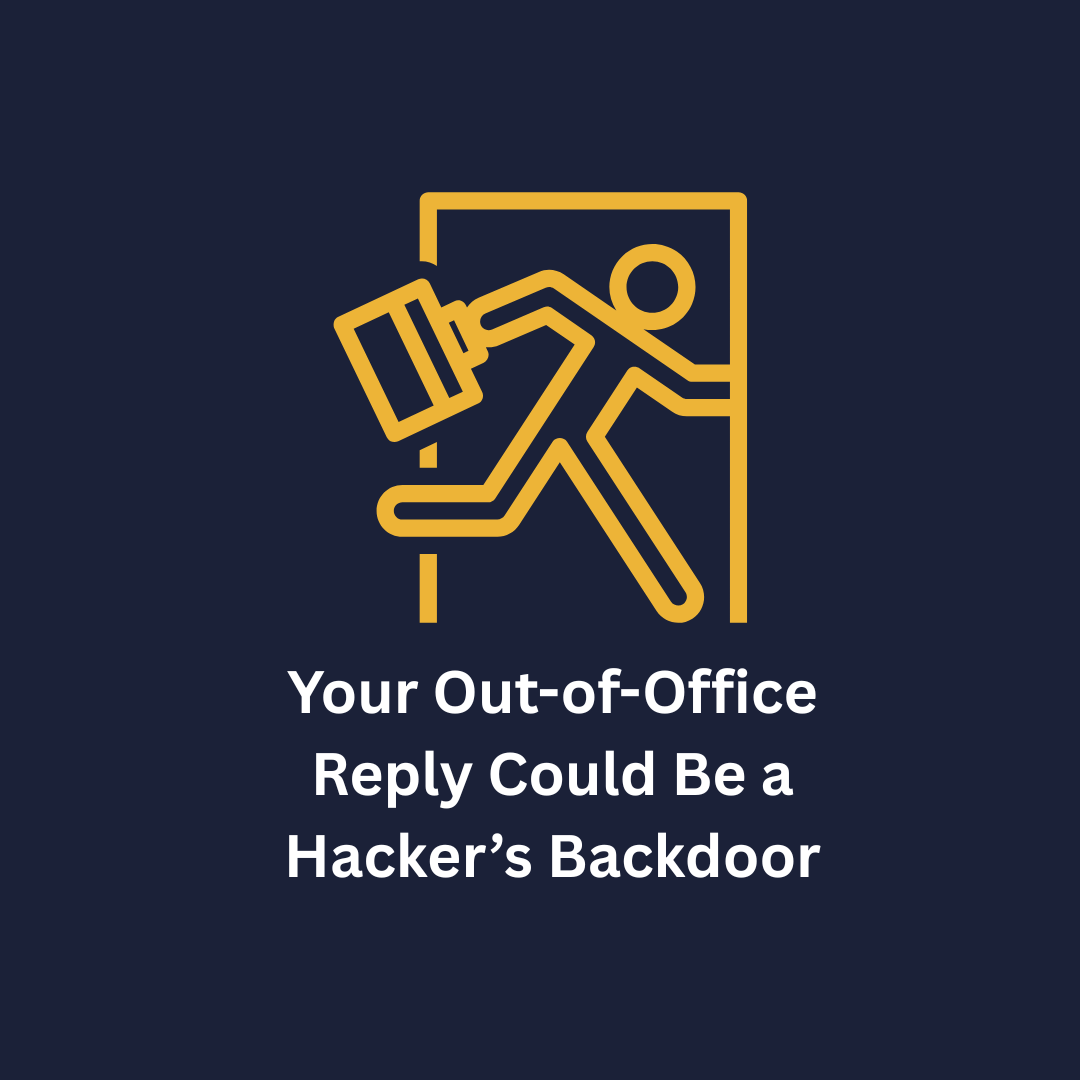
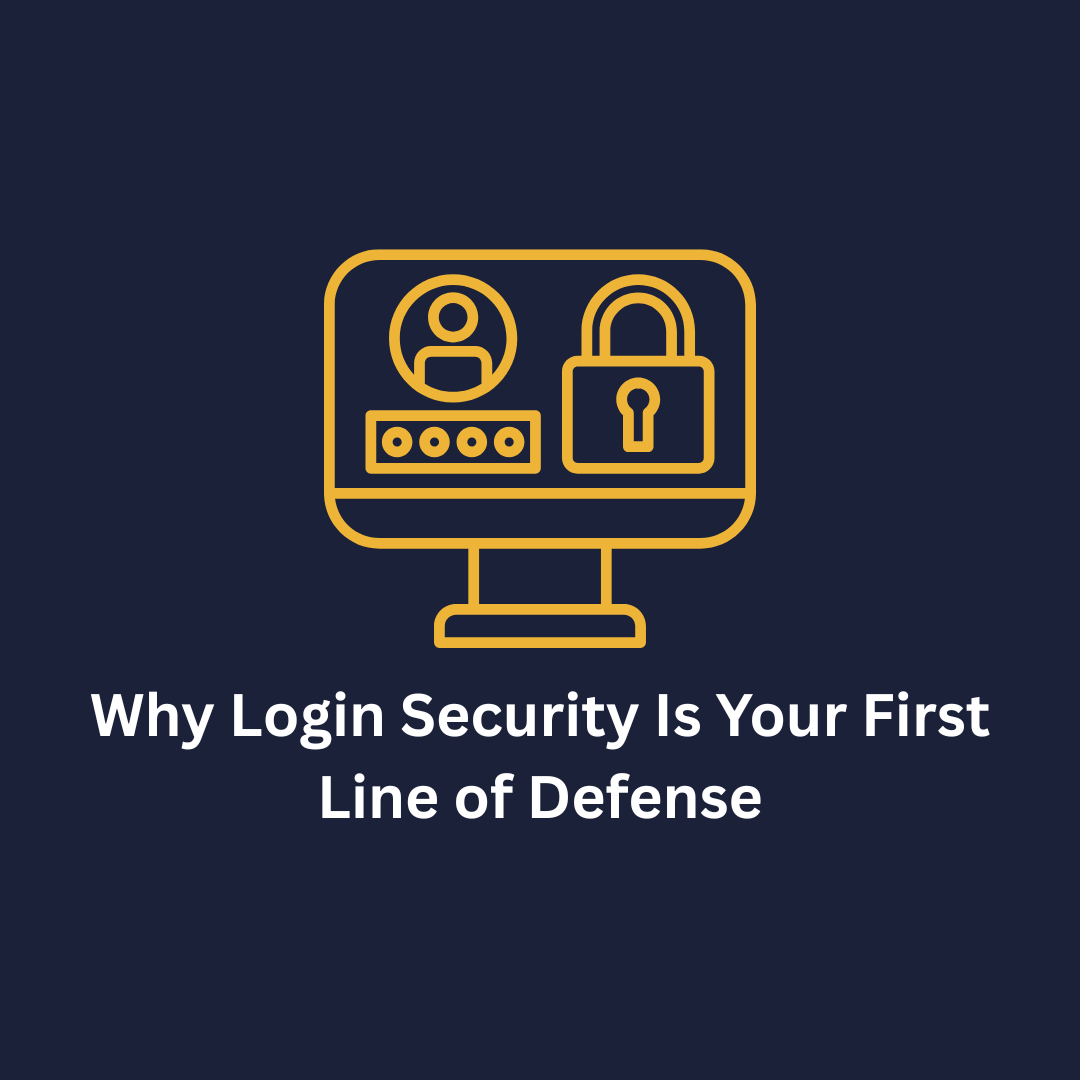
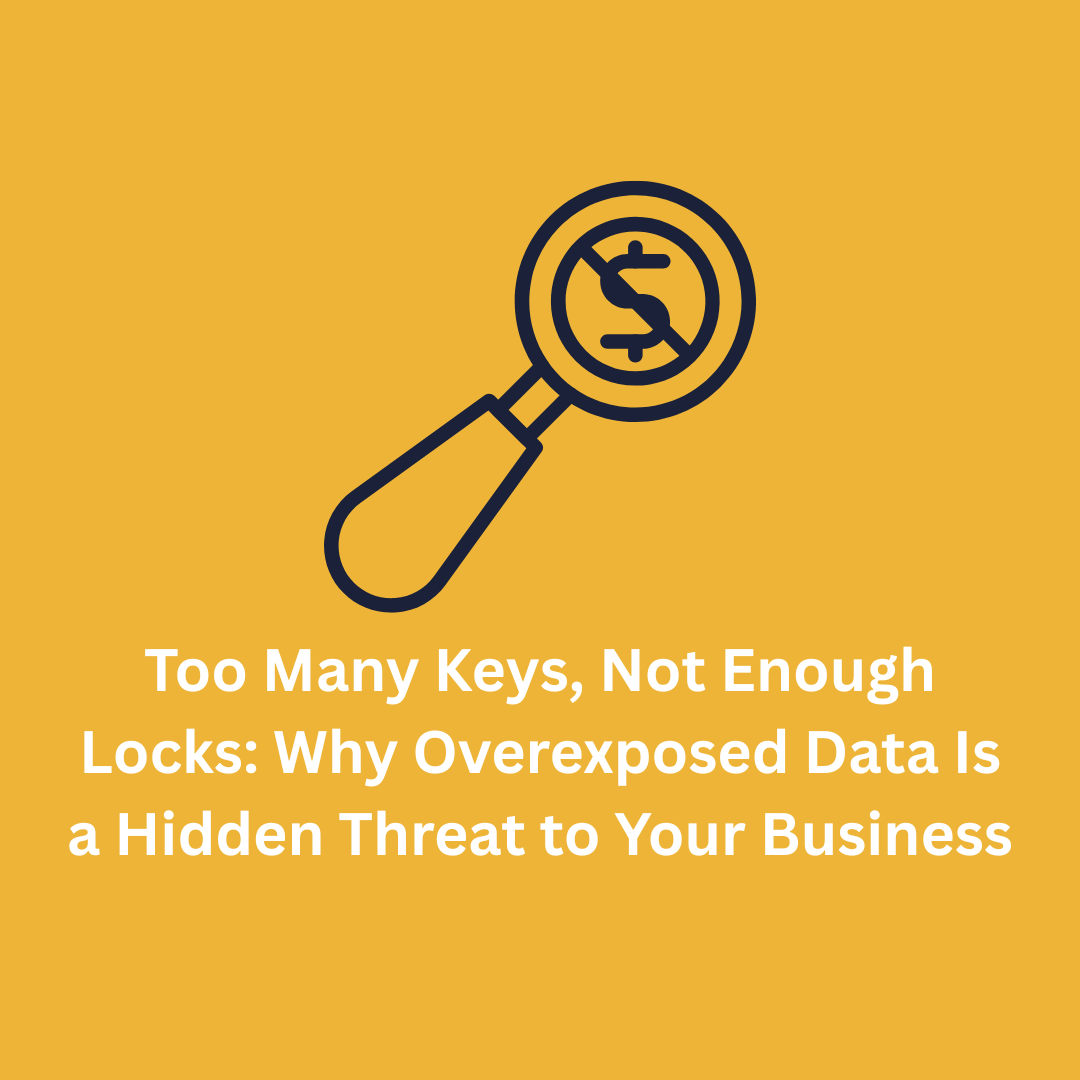
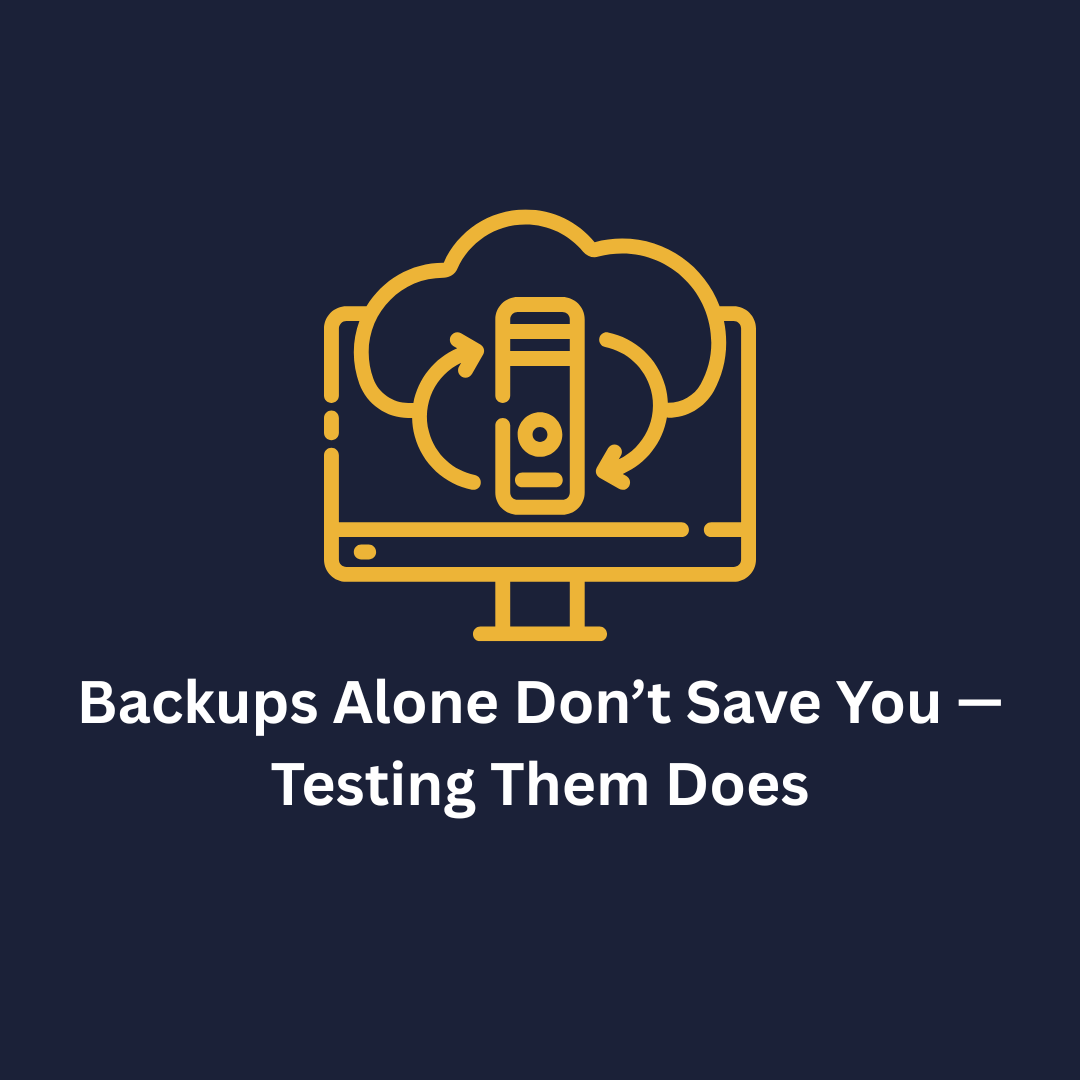

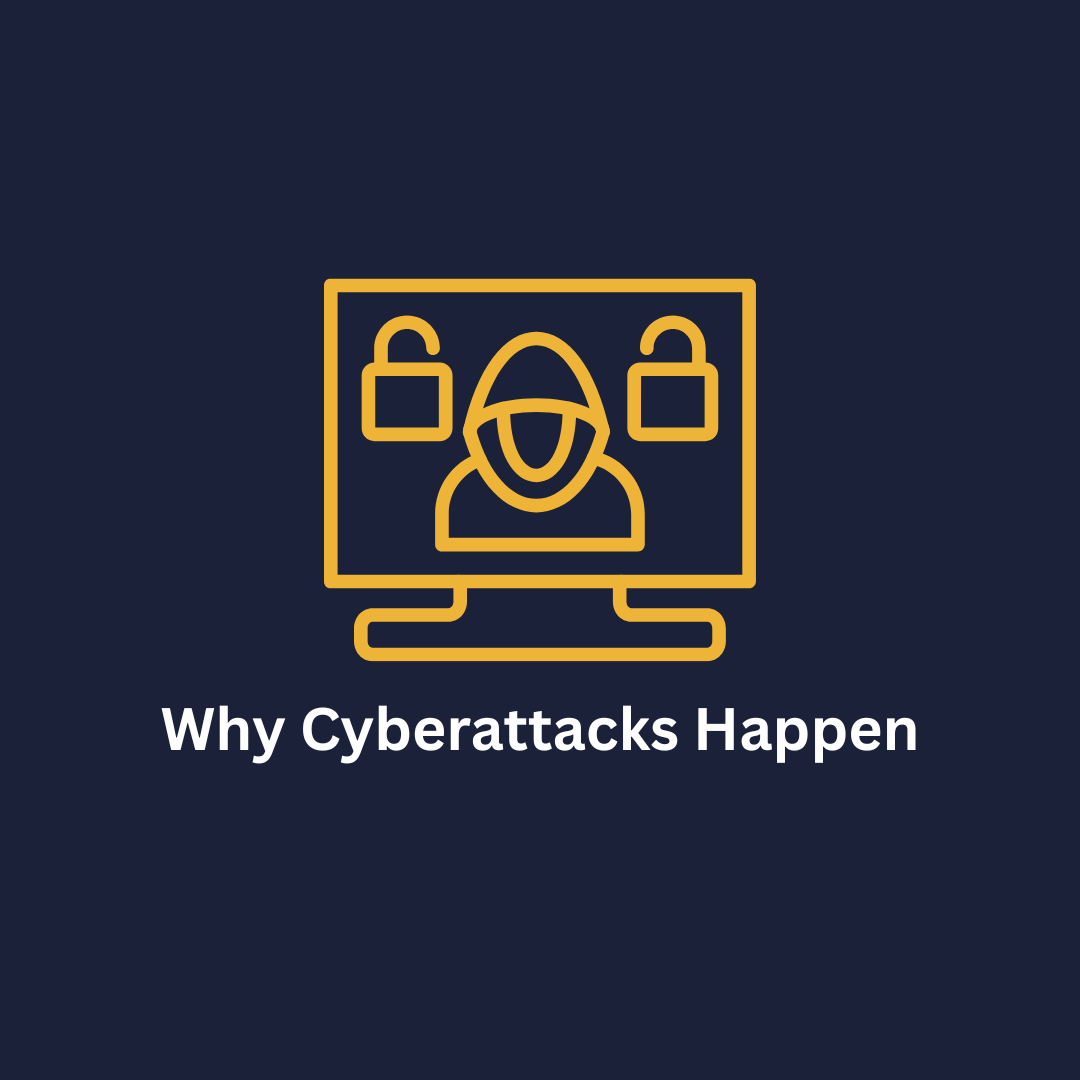

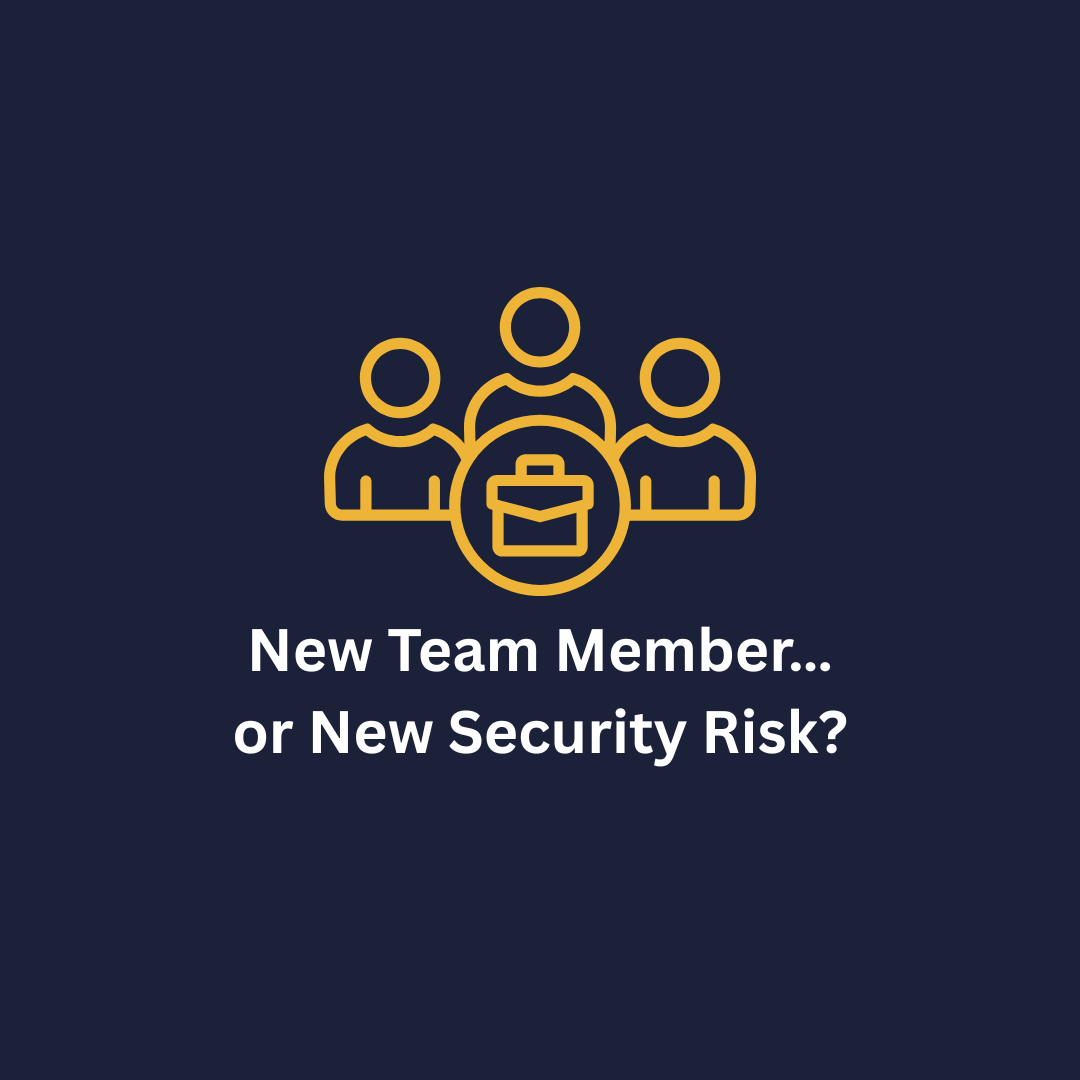
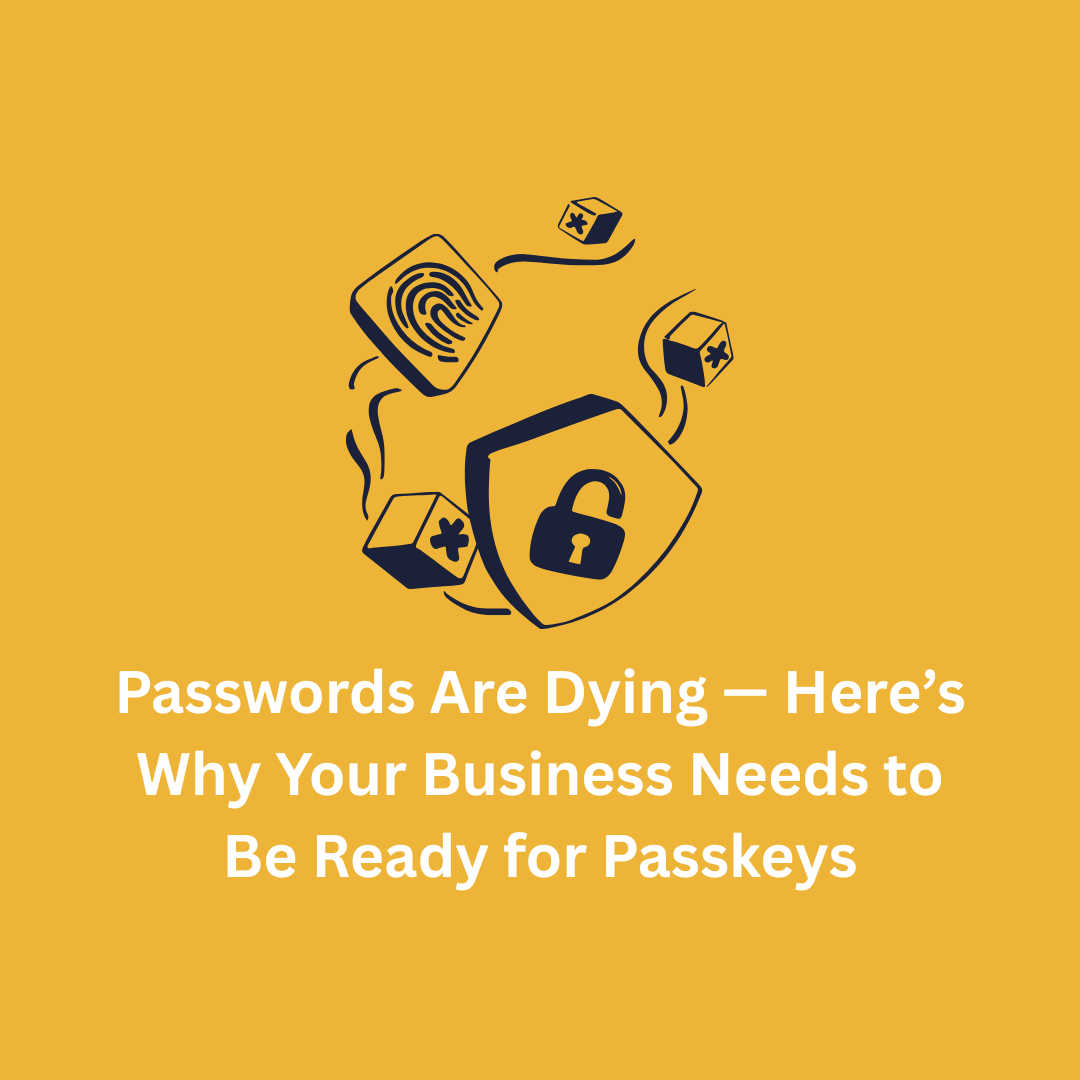



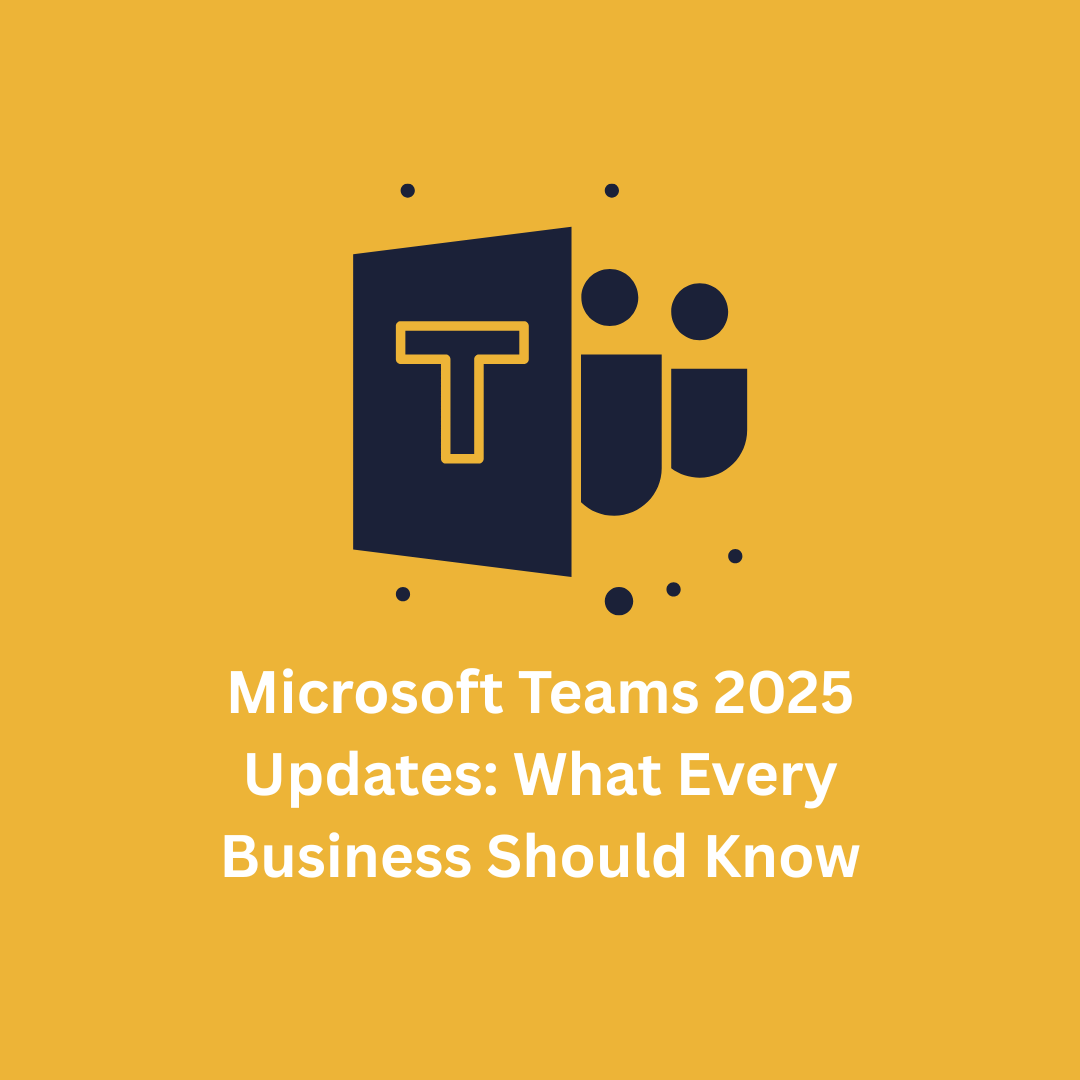
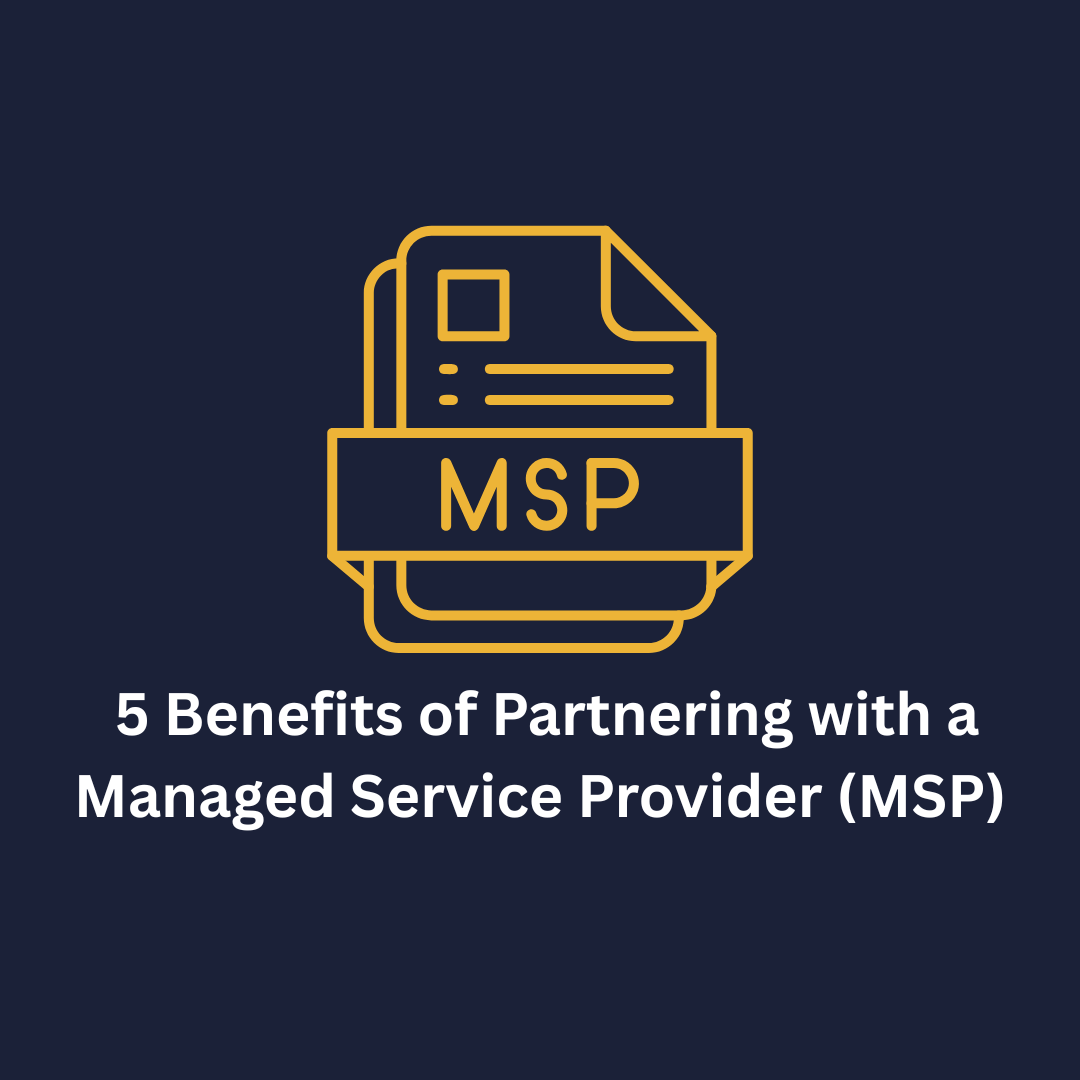
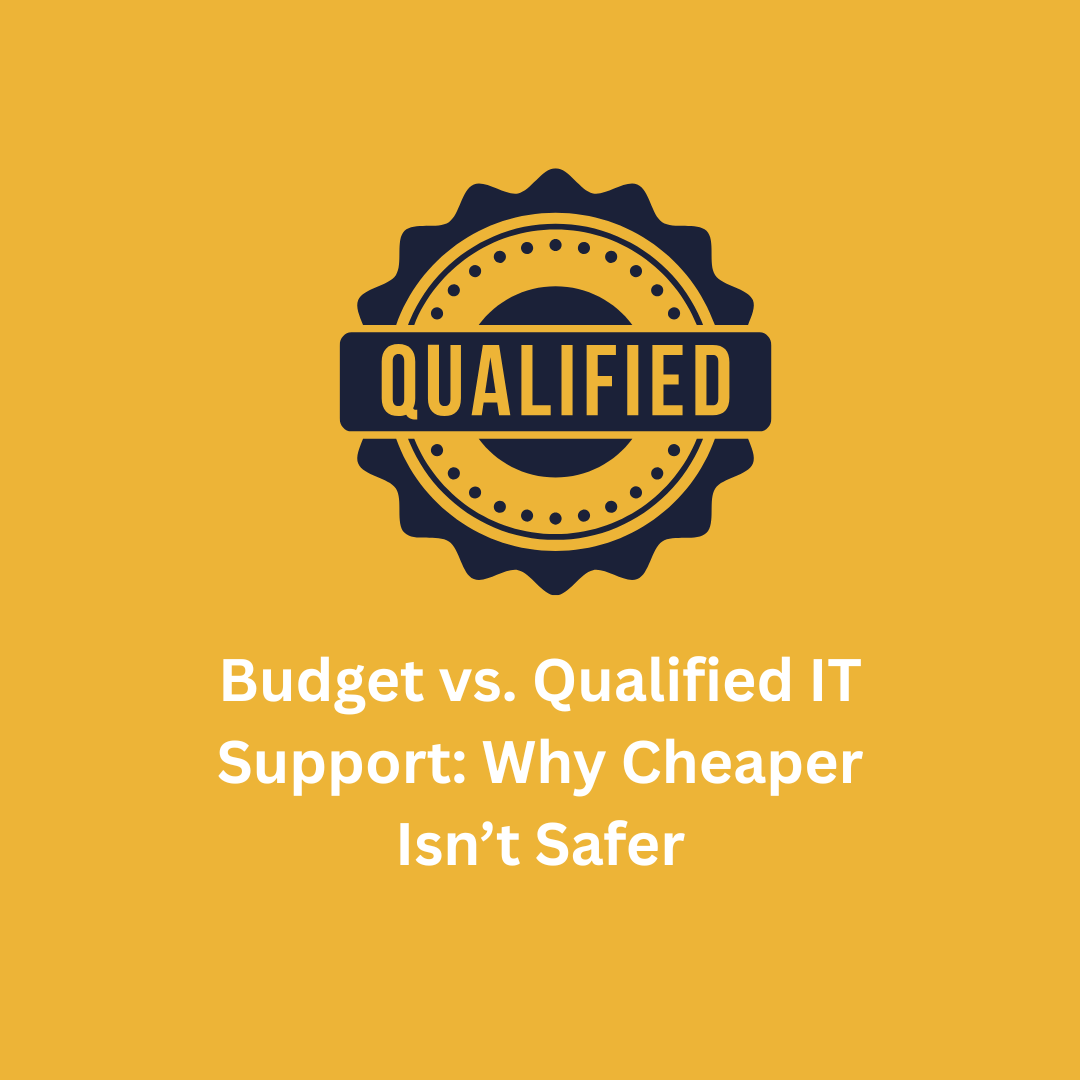


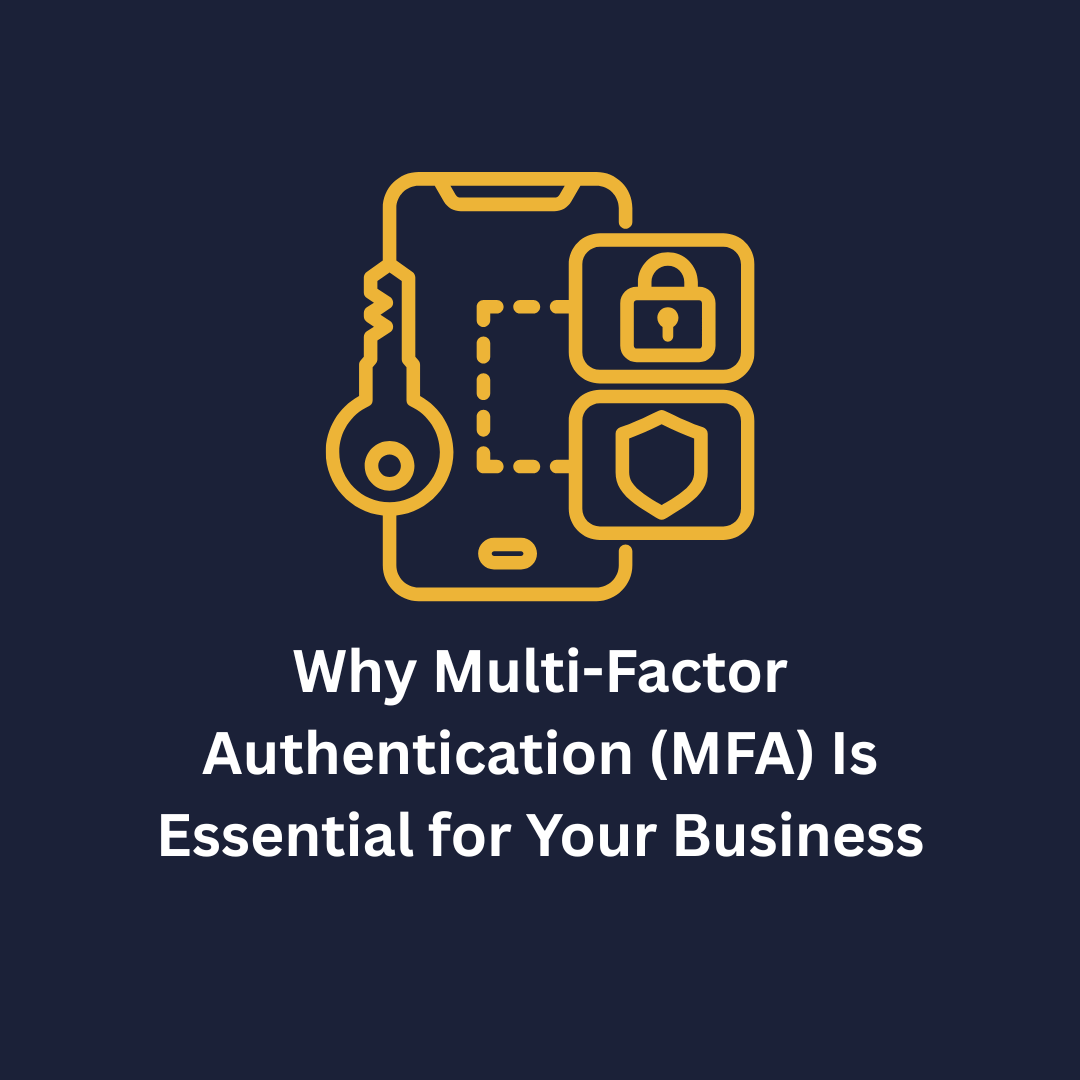
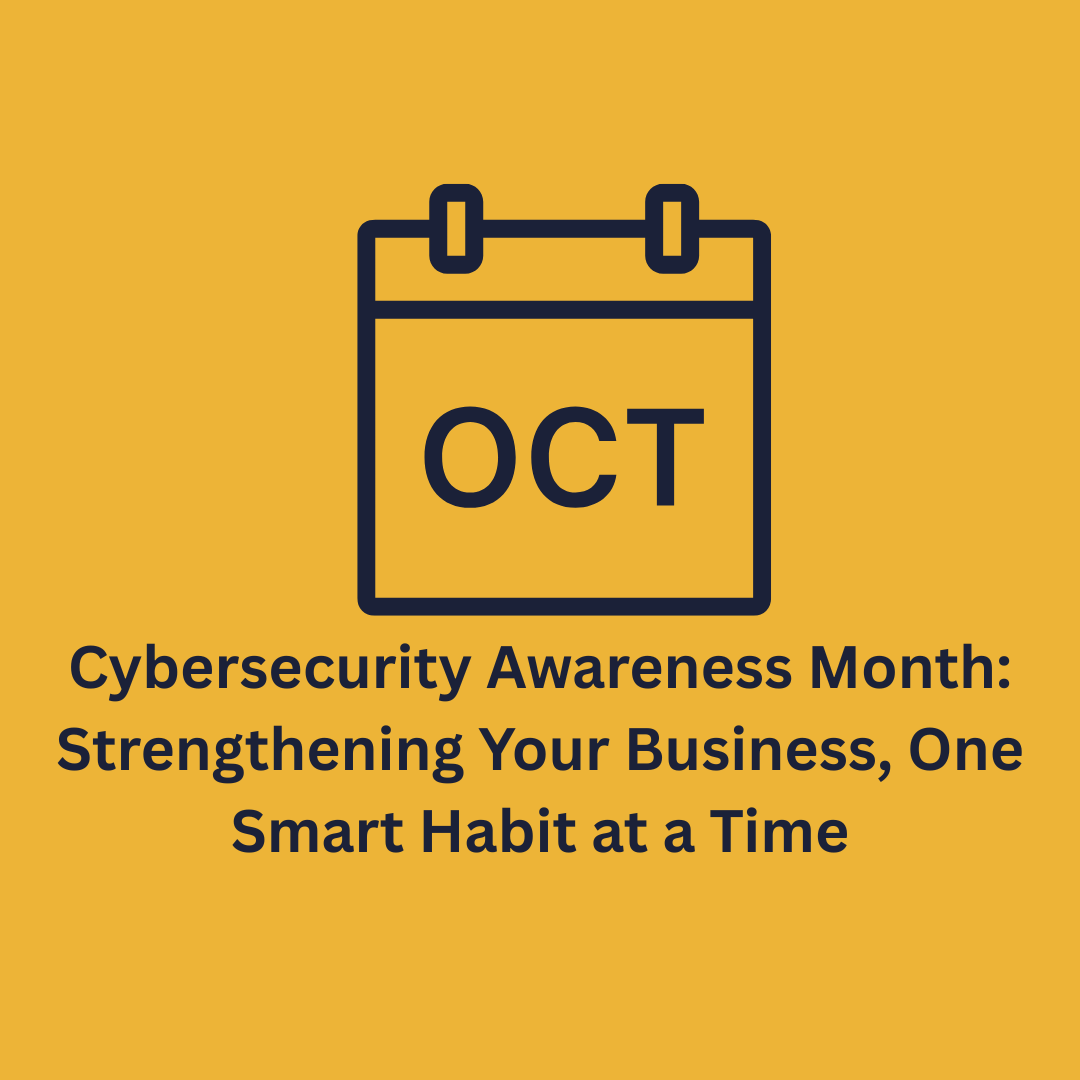
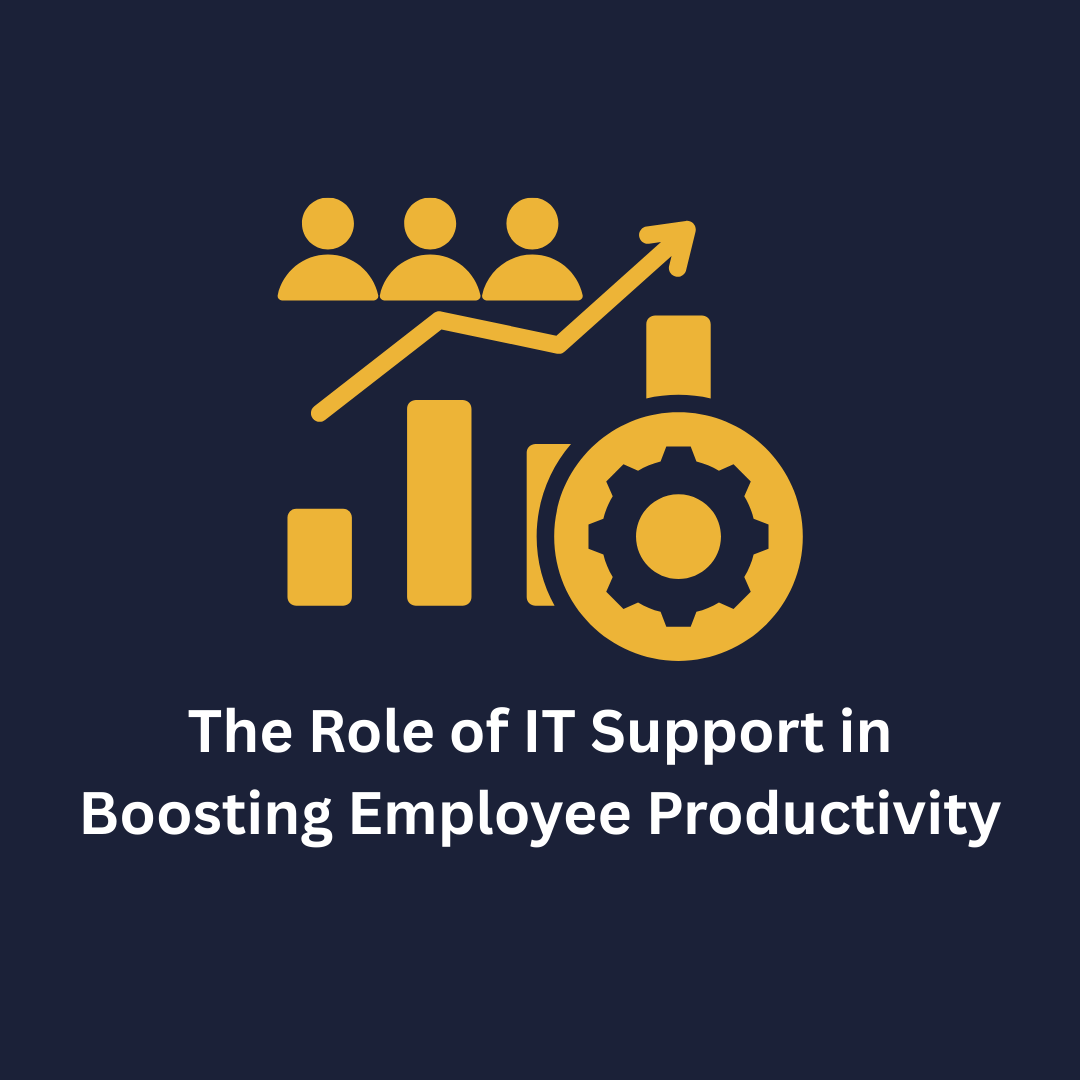
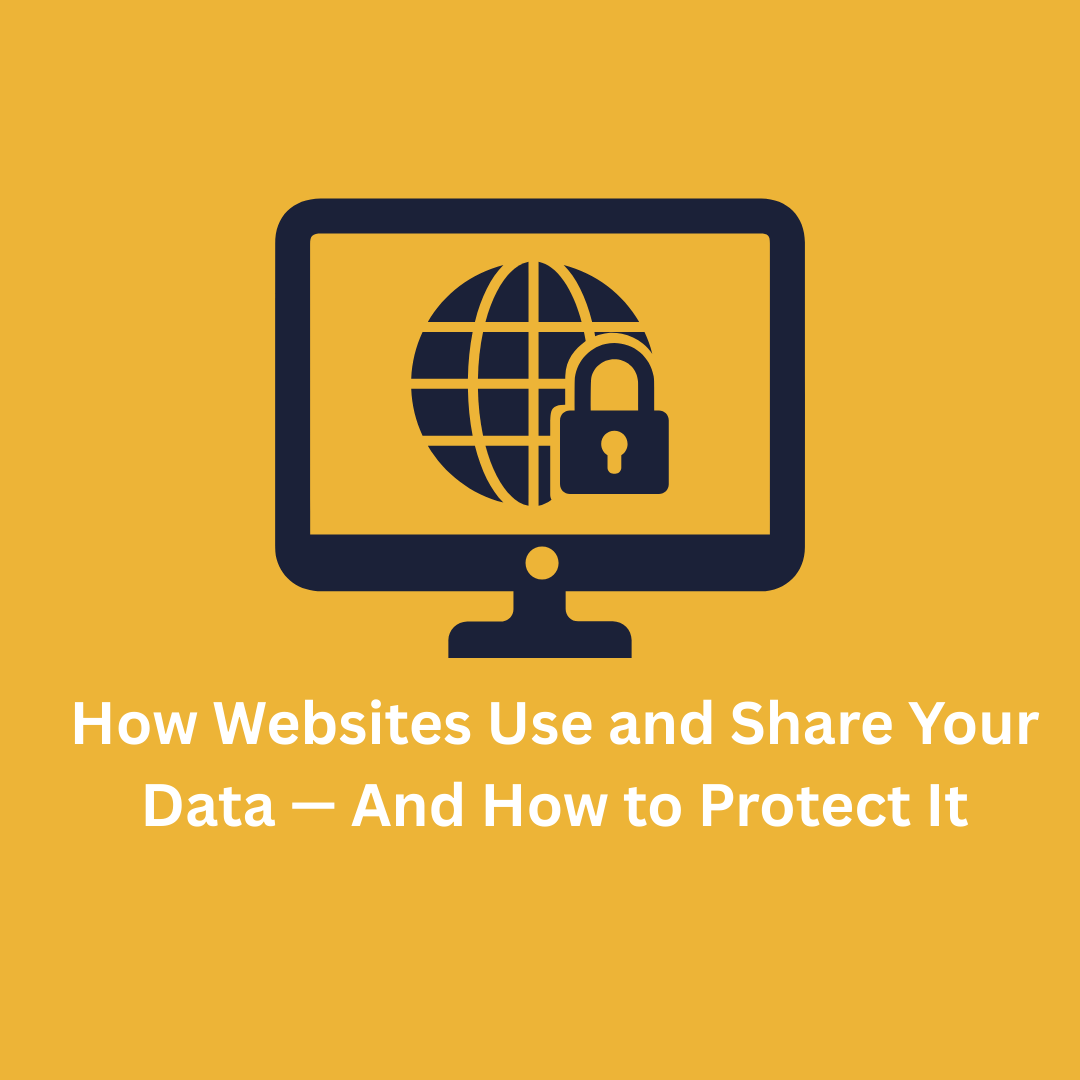


.png)

